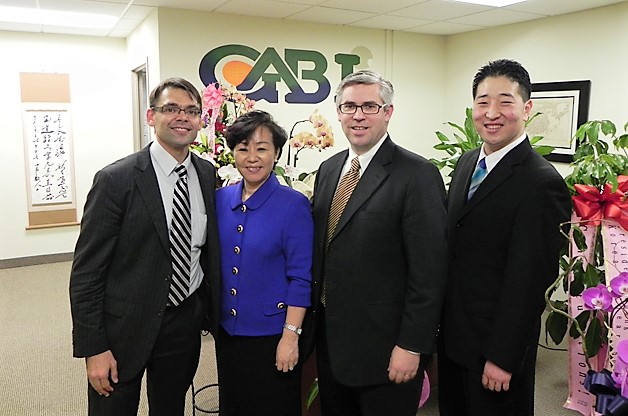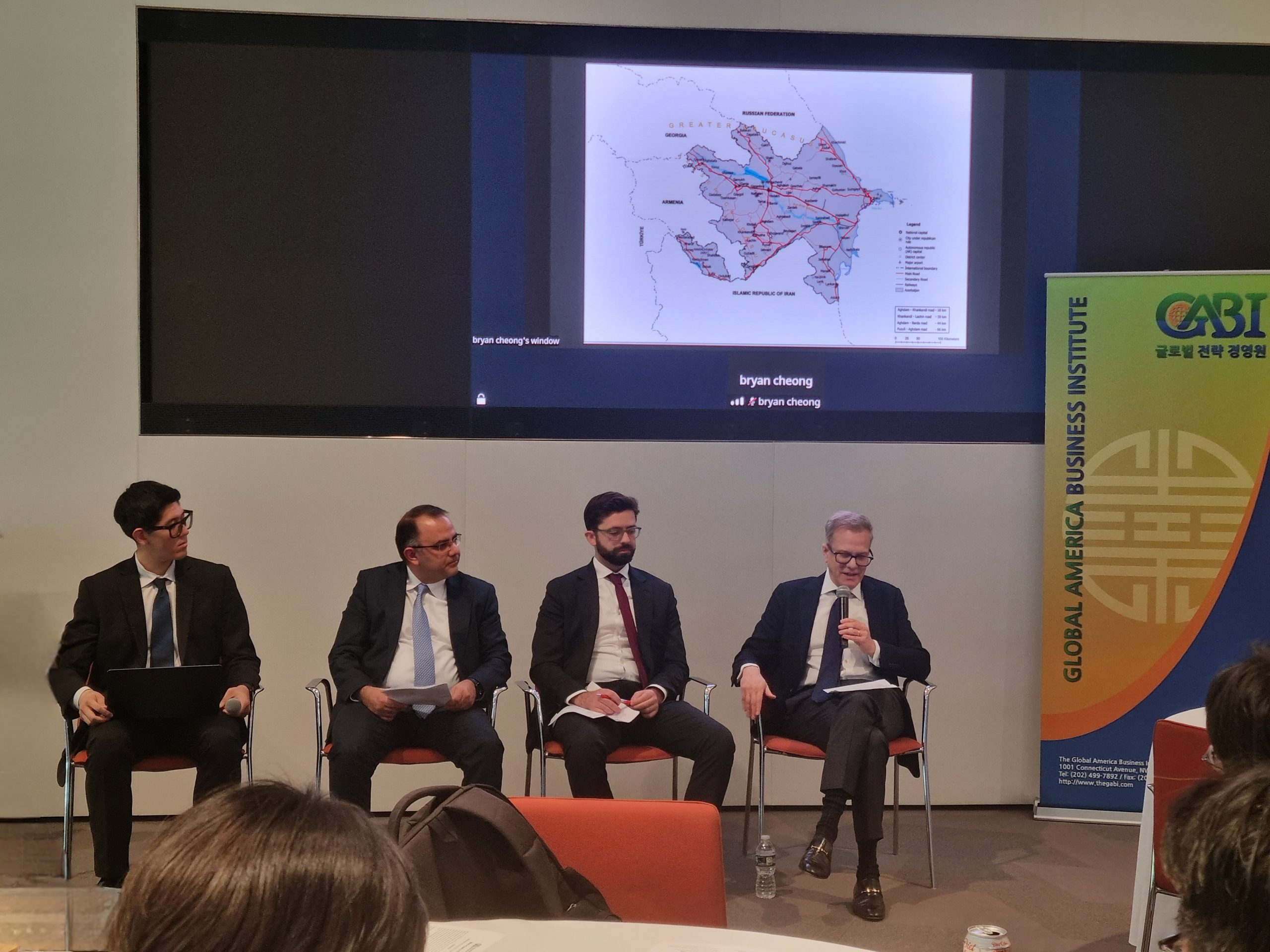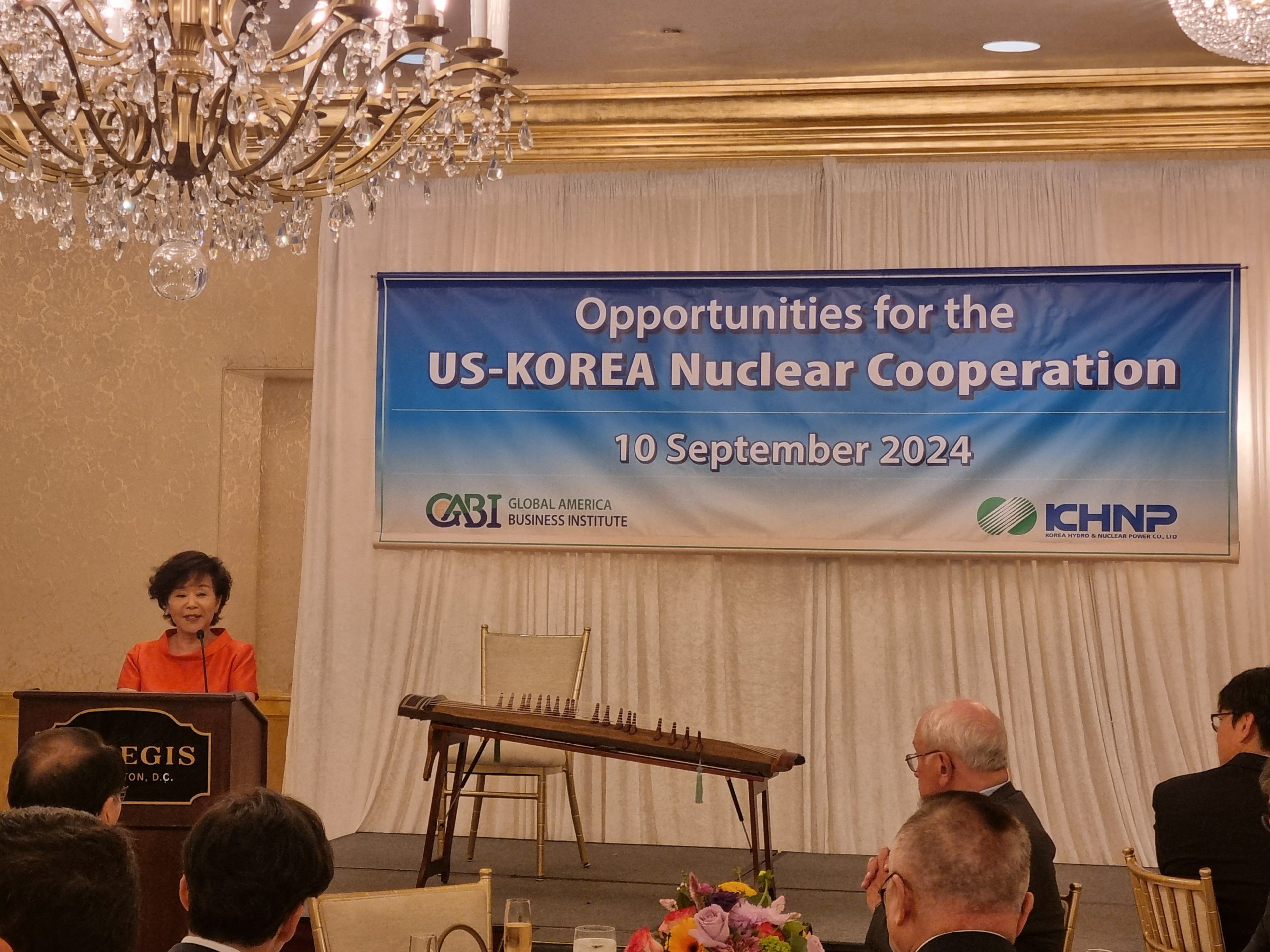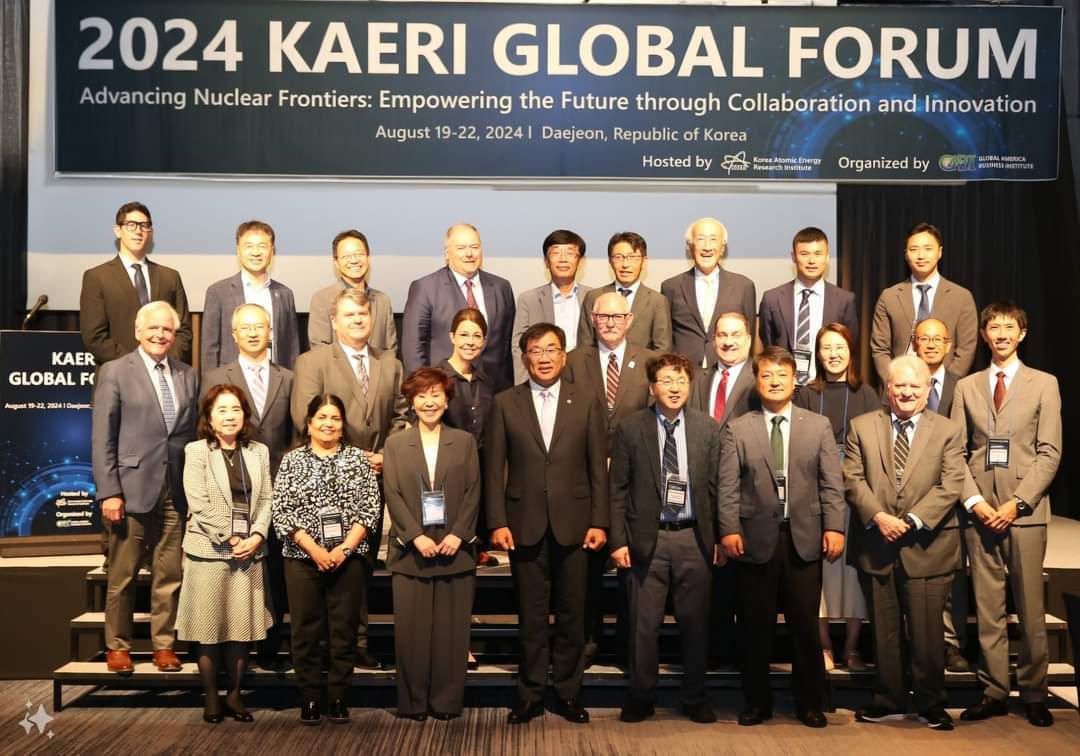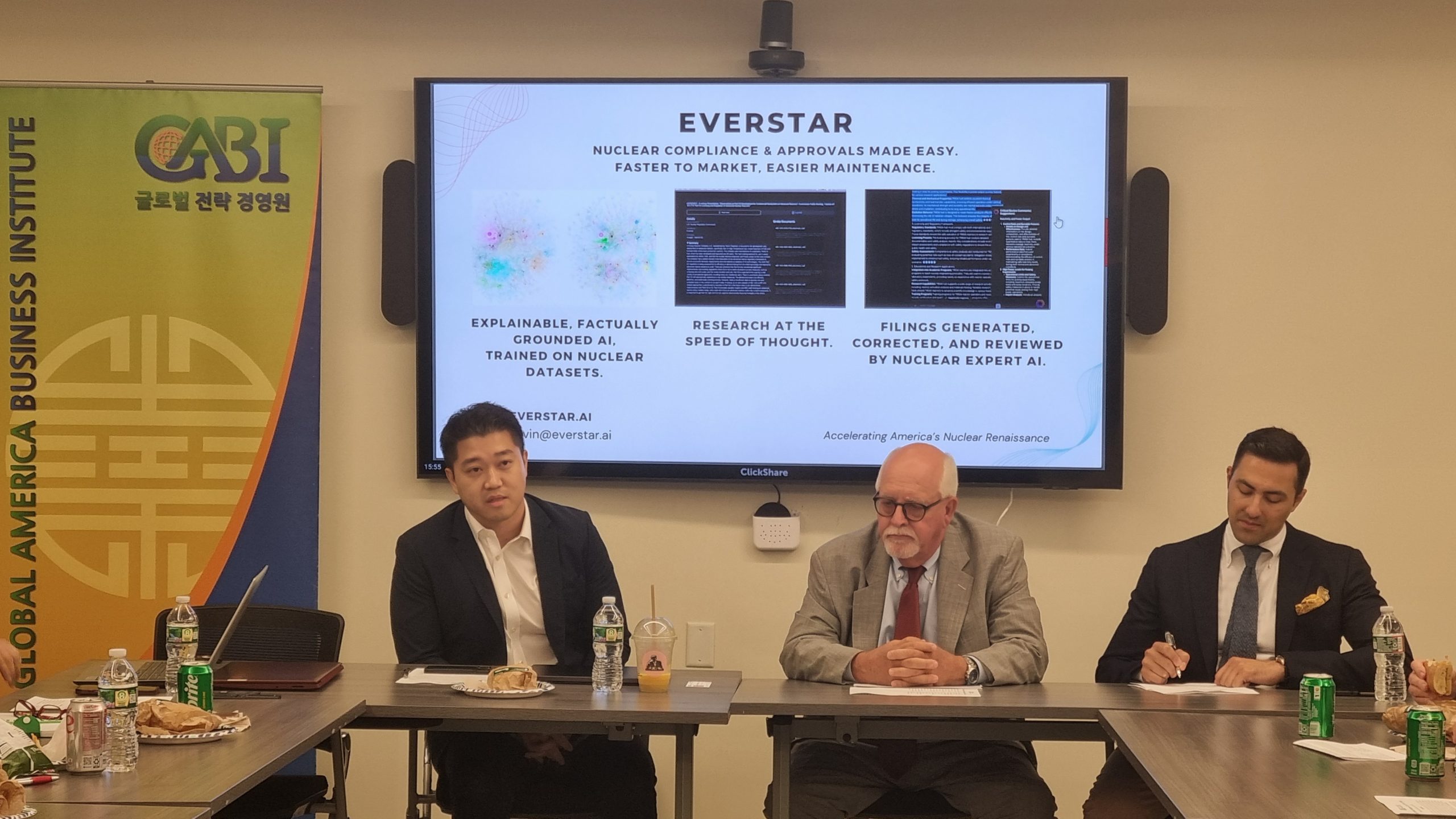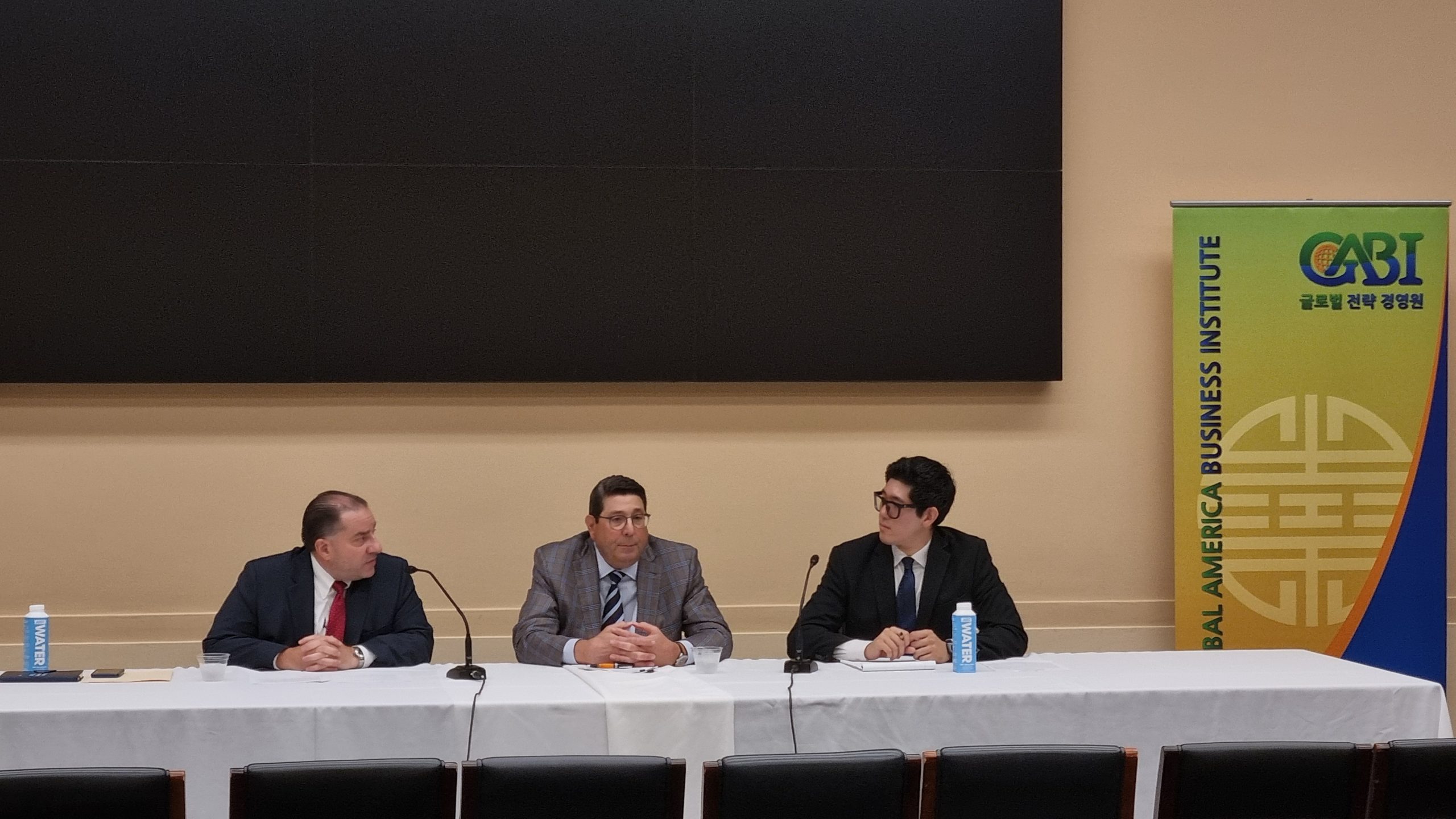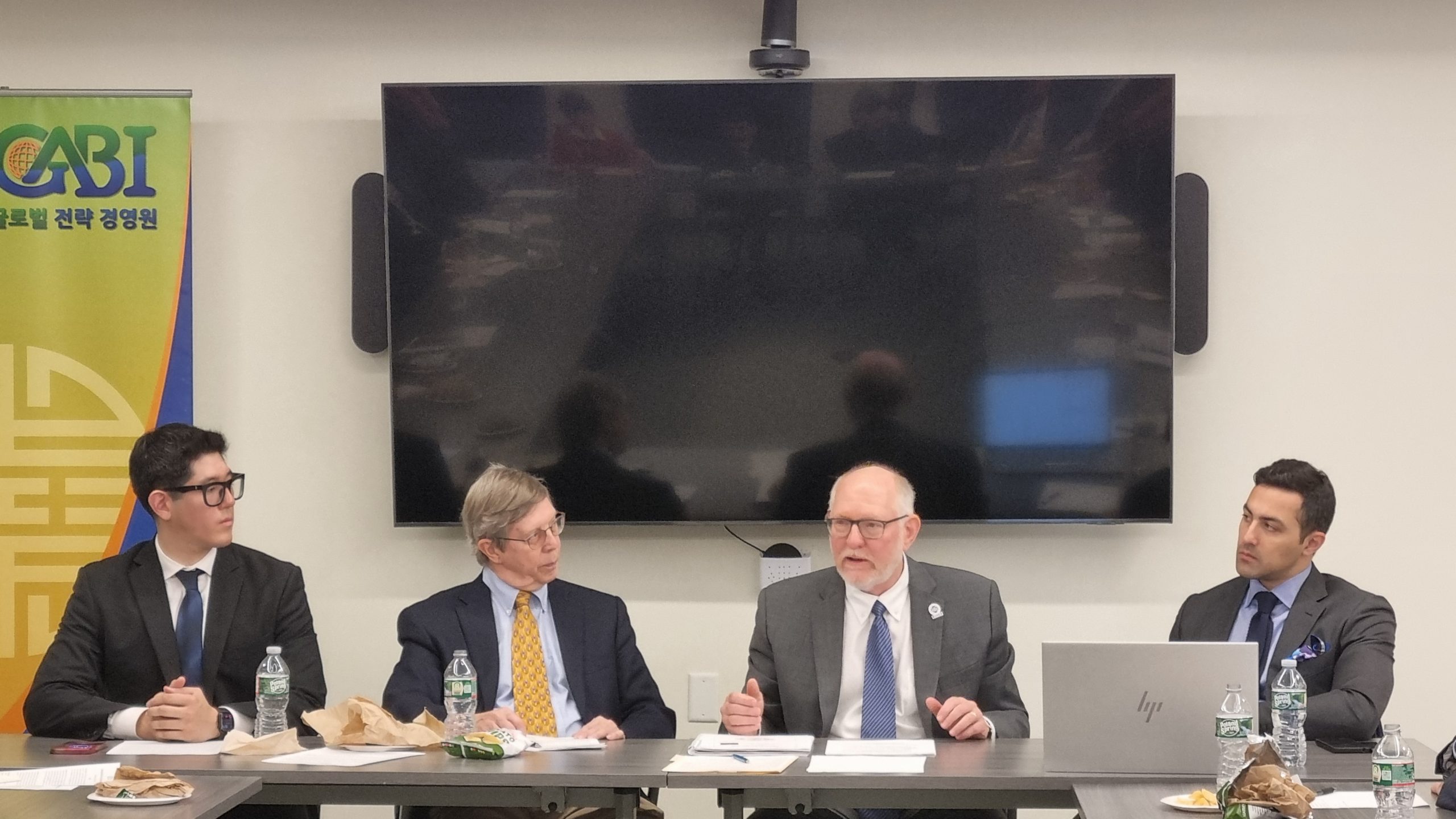Today, nuclear power constitutes 14% of total electricity use and 8% of total energy use worldwide. Nevertheless, the notion of a “nuclear renaissance” is limited to specific countries and regions, particularly those with critical energy security concerns. These areas have been the most sensitive to the shockwaves of the Fukushima incident, which revealed a number of technical and bureaucratic deficiencies and brought attention to a number of disconcerting facts – for example, close to 30% of all US reactors are of older designs similar to the Fukushima plant, and a number of countries heavily reliant upon nuclear energy (China, South Korea, Taiwan) lie in active earthquake zones. In reaction to Fukushima, a number of countries, most notably Germany, have halted reactor construction and/or undertaken dramatic nuclear phase out plans. Despite such cases, global public support for nuclear energy has, contrary to expectations, remained relatively level. Furthermore, draconian measures are unfeasible for countries with few alternative energy sources, such as Korea. For these countries, the challenge after Fukushima remains bolstering nuclear safety through taking the proper technical and regulatory steps. Given this situation, a number of important issues and points were raised: the importance of strong and independent regulatory agencies, the role of governments in domestic nuclear programs, the effect on world nuclear exports, the function of utilities as investors, and the subject of nuclear liability – all worthwhile topics for future discussions.

